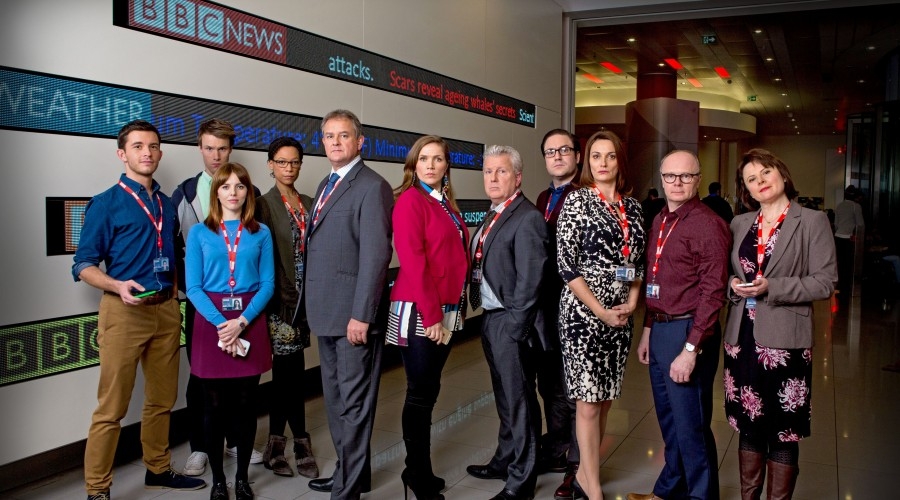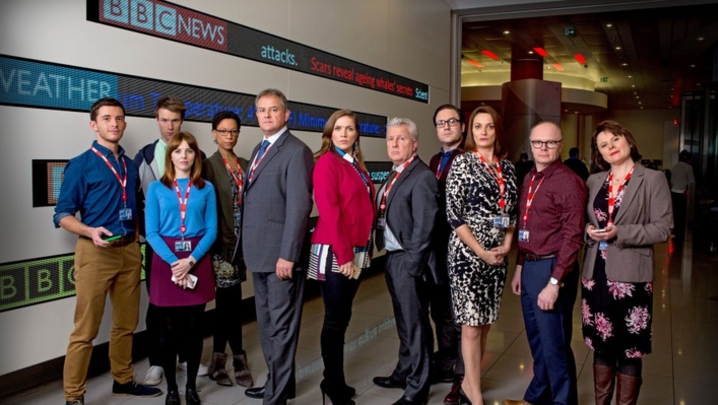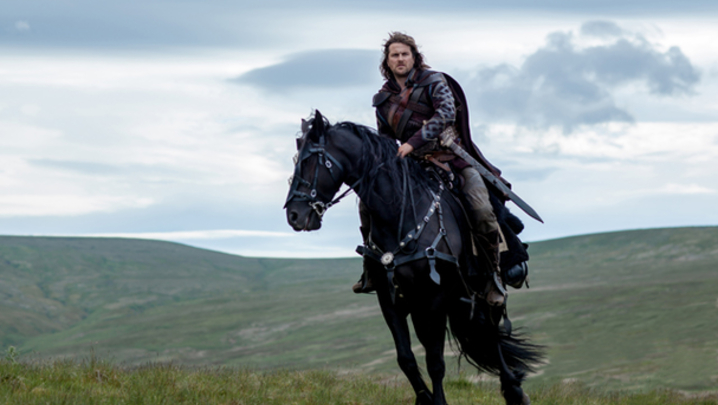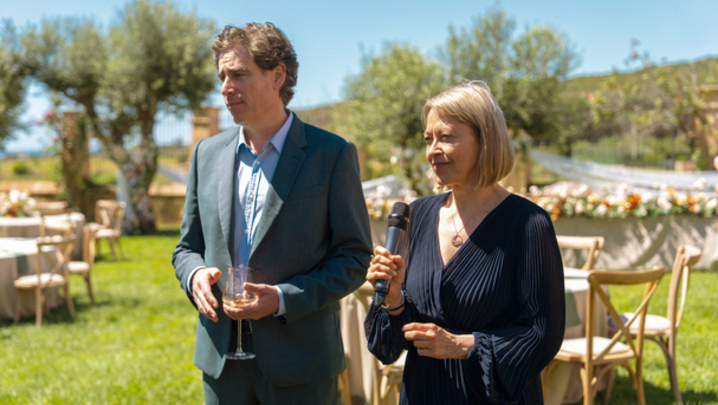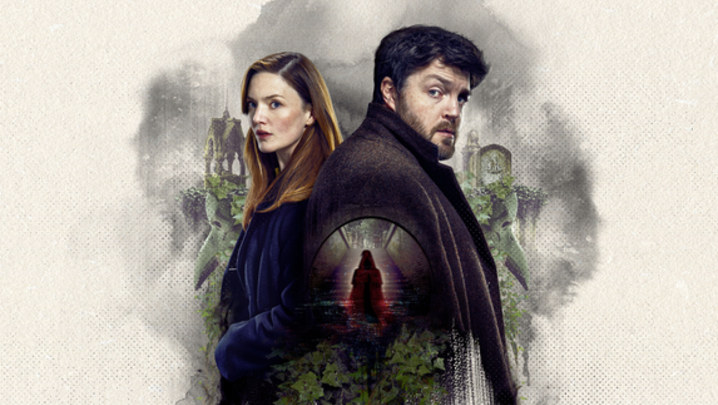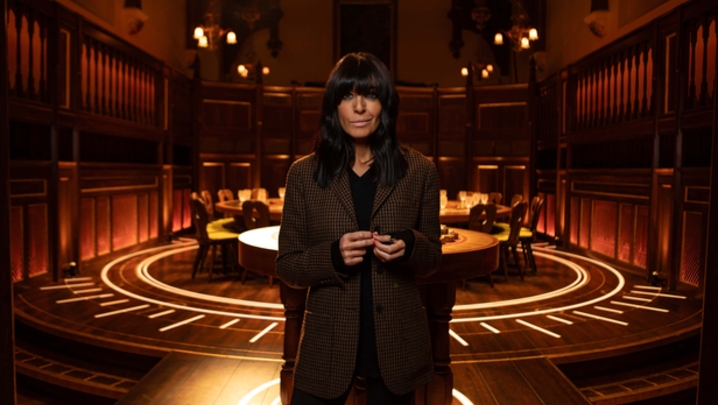W1A has enjoyed two successful series with a third on the way, but the BBC Two comedy nearly didn’t make it to the screen at all.
Writer/director John Morton explained to a packed London Centre event at the end of January that the show’s forerunner, London Olympics mockumentary Twenty Twelve, was initially poorly received by the BBC.
“Twenty Twelve had a bit of a bumpy start – it wasn’t always liked very much in the BBC,” revealed Morton. “When it went out and did okay the music changed from ‘We don’t think this is very good’ to ‘Can we have more of these wonderful characters?’.”
The result was W1A, which saw Hugh Bonneville’s well-meaning manager, Ian Fletcher, move from one meaningless title, Head of Deliverance at the Olympic Deliverance Commission, to another, Head of Values at the BBC.
Transferring from Twenty Twelve with Bonneville to BBC headquarters New Broadcasting House – postcode W1A, naturally – were Jessica Hynes’ appalling marketing guru, Siobhan Sharpe, and the team from her PR agency, Perfect Curve, and narrator David Tennant. New characters include clueless entertainment producer David Wilkes (played by Rufus Jones) and fearful executive Anna Rampton (Sarah Parish).
W1A has also featured real people from telly land, although Morton has tried to limit numbers. “I don’t get particularly excited about people playing themselves and most are very poor at doing it,” he admitted. Two exceptions were Clare Balding and Carol Vorderman.
Former BBC Creative Director Alan Yentob and Booker Prize-winning novelist Salman Rushdie appeared in one memorable scene. In the script, recalled Morton, “I’d just written, ‘Ian Fletcher opens the door and sees Alan Yentob and someone he can’t believe he’s just seen, doing something.’ For a while it was going to be Kylie Minogue and then Amir Khan the boxer.”
“On the day of filming Salman Rushdie and Alan Yentob were doing a photo shoot and [we were offered] Rushdie,” Morton continued. “What were they going to do [in W1A]? All I could think of was that they were arm wrestling.”
“The spirit behind the show is that the BBC is a good thing,” explained W1A’s executive producer Jon Plowman, a comedy veteran who has had a hand in numerous TV classics, including Absolutely Fabulous, The Office and The Thick of It.
Nevertheless, W1A pokes fun at the BBC as well as the idiocies of the modern workplace. Morton explained that he had to find a path between making the series “too cosy, so that it reads as a gloriously, expensive vanity publishing project on behalf of the BBC” and “making something that hands the detractors of the BBC yet another stick to beat it with”.
“You would think that if there was ever a project that would get some kind of interference from above, this would be it. But I have not had a single note about anything from anyone,” revealed Morton.
“There’s a very BBC way in which it’s been handled. Had it been made for a big American network, the network I suspect would have been all over it like a rash,” added Plowman. “No one told us to do or not to do anything – it was handled very well by the people who didn’t contact us.”
‘W1A: the story behind the series’ was an RTS London event held at ITV Studios in central London on 27 January. David Poyser chaired and produced the event.

